Set in the Salinas Valley of California, Steinbeck chronicles the history of two families, the Trasks and the Hamiltons, over several generations. He focuses particularly on brothers Caleb (Caleb) and Aaron Trask, who mirror the biblical story of Cain and Abel. Caleb suffers from feelings of jealousy and rejection, while Aaron is considered the favorite son, leading to escalating tensions between them.
You may also like…
-
-
The Butterfly Effect
د.ا8.52Deep poetic contemplations that trace the small details that leave hidden imprints on life and conscience.
د.ا9.94 -
New Lights on the Sabians A Page from the History of Religions in the House of Islam
د.ا14.20A book that reviews the history of the Sabians and their impact on the Islamic world, revealing new aspects of their understanding and cultural and religious influence.
د.ا15.62
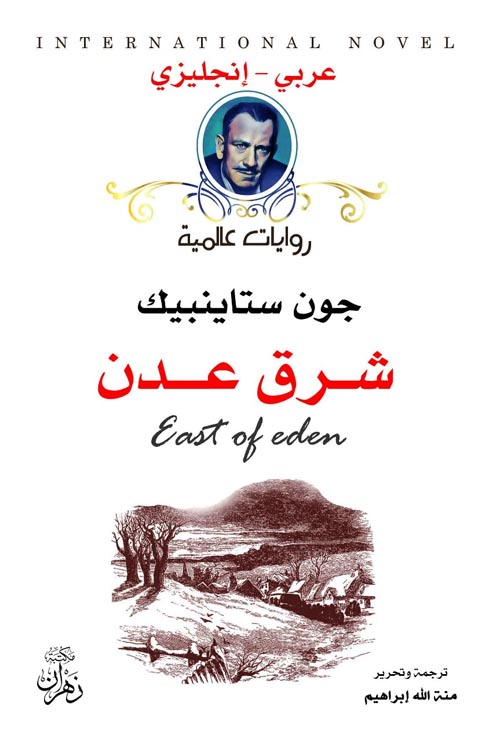

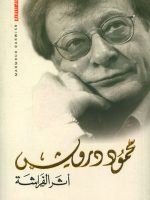




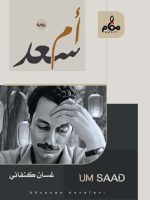
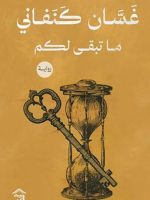
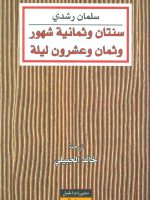


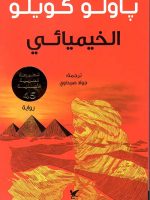
Be the first to review “East of Aden”